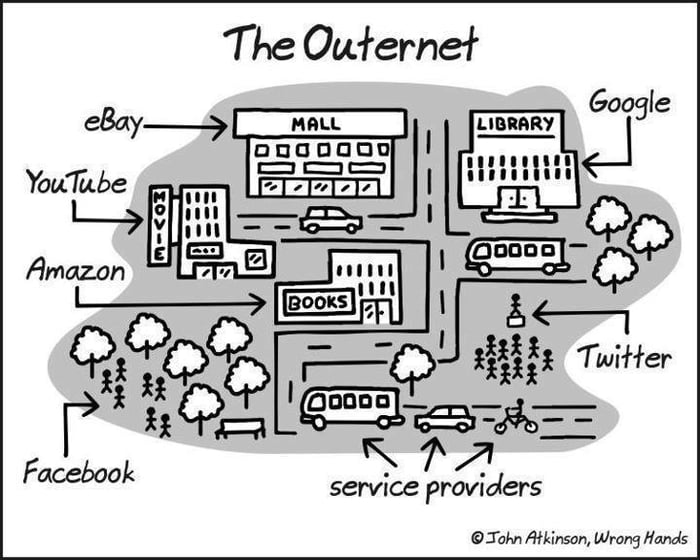.
.
The [color=#0000FF]
2015 TCM licensing exam in Taiwan
[/color] will be held in [color=#0000FF]
July 25th -27th
[/color] by the Ministry of Examination.
[color=#008000]
I will take a 12 days leave from July 16th to 27th[/color]
to do a secret mission. We’ll be locked in a building and be fed with lots of delicious food, four meals a day. Can you imagine a life without internet, modern technology, family and friends for 12 days? This will be an unforgettable experience for me.

I recalled five years ago when I just graduated to take this licensing exam, it took three consecutive days in a hot humid summer (2010.07.30-2010.08.01). We were seated in a classroom of Wu-chuan junior high school near my alma mater, China Medical University, Taichung, Taiwan without air conditioning. There are six subjects for us, plus Chinese Composition (The link below the subject title are the exact questions for us in 2010, you could take a look if you can read Chinese characters)
[color=#FF0000]
Day 1
[/color]:
Fundamental Subject 1: Foundations of TCM, TCM history, Nei-jing and Nan-jing
wwwc.moex.gov.tw/ExamQuesFiles/Q … 107100.pdf
Fundamental Subject 2: Herbal medicine and Formula
wwwc.moex.gov.tw/ExamQuesFiles/Q … 107200.pdf
Clinical Subject 1: Shanghan Lun, Jin Gui Yao Lue, Febrile diseases, TCM Diagnosis
wwwc.moex.gov.tw/ExamQuesFiles/Q … 107300.pdf
[color=#FF0000]
Day 2
[/color]:
Clinical Subject 2: TCM internal medicine, TCM gynecology, TCM pediatrics
wwwc.moex.gov.tw/ExamQuesFiles/Q … 107400.pdf
Clinical Subject 3: Surgical Chinese Medicine, TCM traumatology, TCM Otolaryngology, TCM Ophthalmology
wwwc.moex.gov.tw/ExamQuesFiles/Q … 107500.pdf
Clinical Subject 4: Acupuncture
wwwc.moex.gov.tw/ExamQuesFiles/Q … 107600.pdf
[color=#FF0000]
Day 3
[/color]:
Chinese (including 60 % Composition)
wwwc.moex.gov.tw/ExamQuesFiles/Q … 107700.pdf
To compare with
[color=#0000FF]NCCAOM exam[/color]
I took four years ago in Madison, WI. The experience was totally different. I went online to choose the day and the place I wanted to take the tests at Pearson Vue center.
pearsonvue.com/nccaom/
The exams were adaptive, which means the computer will choose the next question according to how you answer the previous one. According to the introduction on the internet, computer adaptive tests not only improve exam score reliability, but also further reduces the potential for cheating (memorizing test questions) by minimizing test question exposure since every examinee receives a unique set of examination questions based on the test specification requirements and the tester’s response to each new test item on the exam.
There are four subjects for the candidate of Diplomate of Oriental Medicine:
- Biomedicine Exam
- Acupuncture with Point Location
- Chinese Herbology Exam
- Foundations of Oriental Medicine
Plus Clean Needle Technique test (I drove to Pacific College of Oriental Medicine - Chicago to take this test.)
It was really an unforgettable exam experience. I get to choose the date of each exam. How wonderful is that! It might be the first adaptive exam I’ve ever taken. I felt really excited to answer questions in front of computer, which helped me to get rid of some anxiety. What’s more, you know whether you passed or not right after you answer the last question. This is really an amazing experience for me.
To conclude, I hope the world won’t change too much during the 12 days when I was out of reach. Since there will be lots of free delicious food provided by the minister of examination, I hope I won’t gain too much weight. 
























